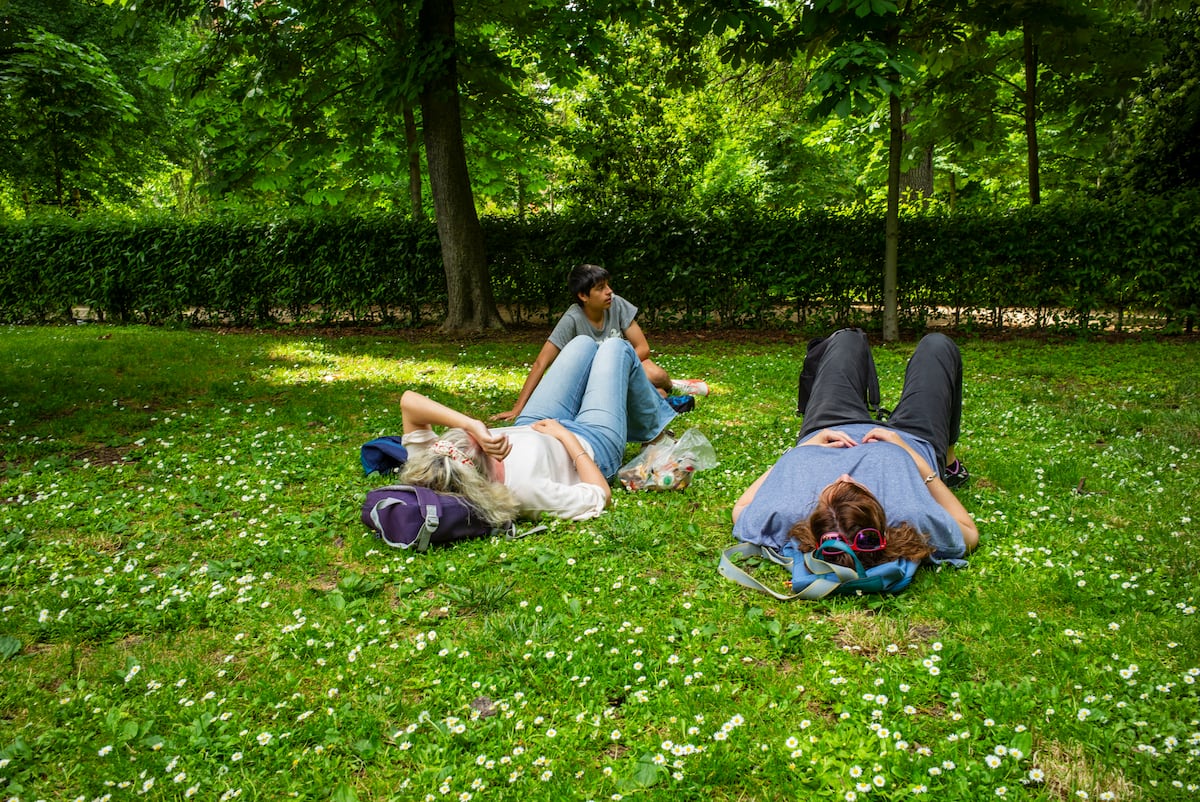Burnout Nation: Why Your Vacation Feels Like Another Workday

The Paradox of Rest: When Relaxation Becomes a Task
In our relentless pursuit of productivity, we've unwittingly turned rest into yet another item on our never-ending to-do list. The moment we start treating relaxation as a goal to be achieved, we strip away its natural essence and transform it into just another source of stress.
By approaching rest as an objective to be conquered, we paradoxically rob ourselves of the very tranquility we seek. What should be a spontaneous and rejuvenating experience becomes a calculated effort, losing its organic ability to refresh and restore our weary minds and bodies.
True rest isn't about checking a box or meeting a predetermined standard. It's about surrendering to the moment, allowing ourselves to breathe, unwind, and simply be—without judgment, without pressure, and without the constant nagging of unmet expectations.
